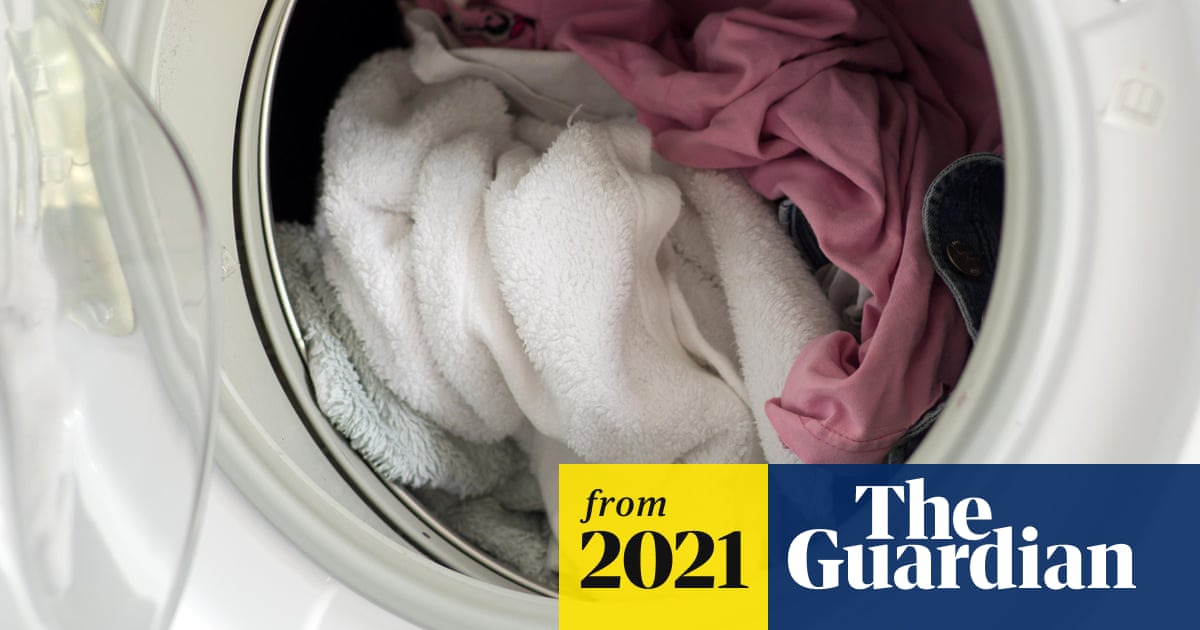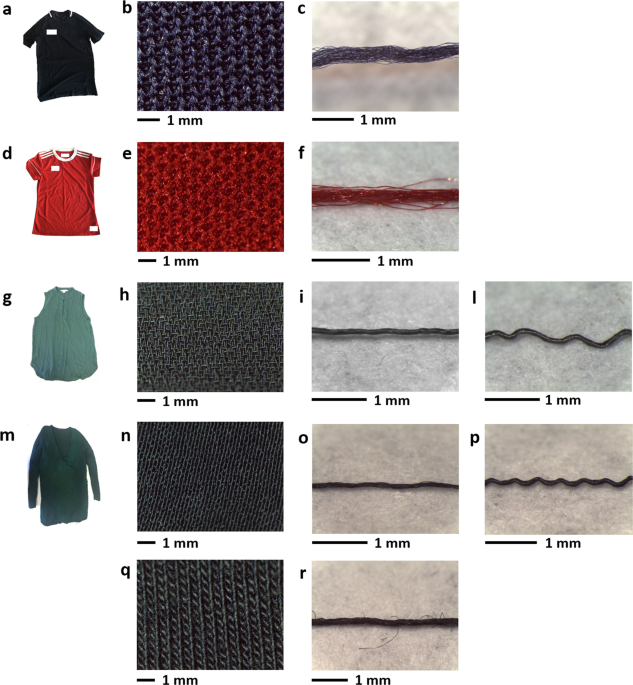ollie989898
Member
I think the biggest win the UK agricultural industry has is that if it was not for farming, the landscape would not look as it does. No one creates or maintains hedges or dry stone walls for the fun of it- they were put in because of the need to contain livestock. The landscape of the UK has been the way it has for several generations now. The methods and machinery involved have changed but the crux of land use has not.
The farmers out there involved in social media need to reinforce the above in every presentation they create and each interaction they have with those with no knowledge of agriculture. Ultimately a lot of habitat and ecological diversity exists because of agricultural land use, without which they would disappear and be replaced with something very different.
The farmers out there involved in social media need to reinforce the above in every presentation they create and each interaction they have with those with no knowledge of agriculture. Ultimately a lot of habitat and ecological diversity exists because of agricultural land use, without which they would disappear and be replaced with something very different.










